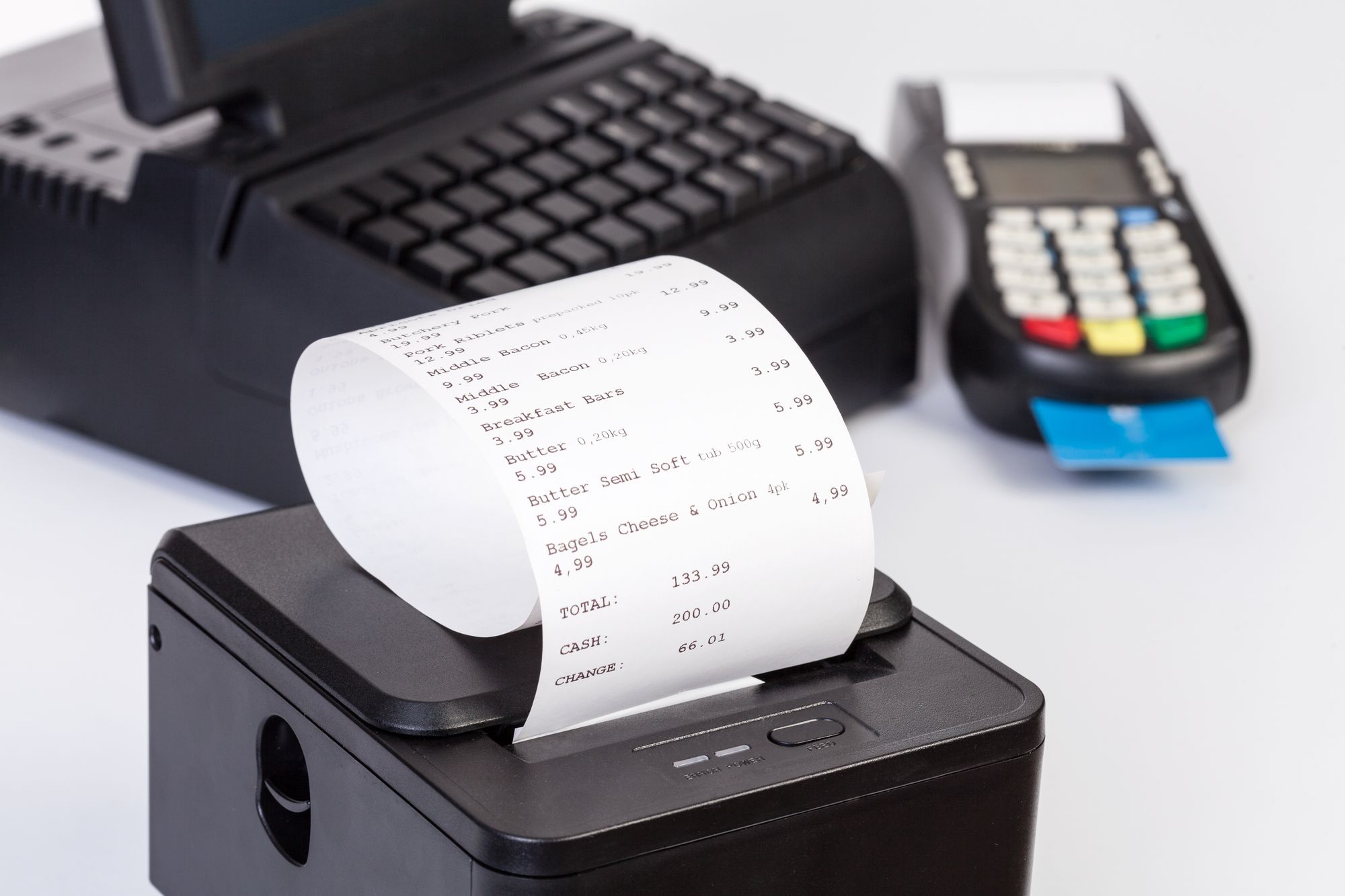 The Fair and Accurate Credit Transactions (FACTA) requires merchants to follow federal privacy laws, to protect consumers from potential identity theft and credit card fraud.
The Fair and Accurate Credit Transactions (FACTA) requires merchants to follow federal privacy laws, to protect consumers from potential identity theft and credit card fraud.
So when merchants are found to be in violation of FACTA policy, it could mean serious trouble for consumers.
While this law does not fully protect consumers from these risks, FACTA policy does significantly decrease the chances of identity theft occurrence.
FACTA encompasses all electronic debit and credit card transactions in the United States, and was designed for the best interest of consumers and merchants.
FACTA helps lower the chances of fraud and theft, and this policy also helps prevent merchants from being liable if fraudsters get the card numbers from a transaction in their store.
In order to be FACTA compliant, merchants have to follow to main rules: conceal all but the last five digits of the card number and completely omit the card’s expiration date on printed receipts.
FACTA violations can typically be seen on credit or debit card receipts, when more than the last five numbers are shown on the receipt or if the expiration date can be seen.
These vital pieces of information are important for fraudsters looking for targets of identity theft, as they can typically retrieve more of the consumer’s account information.
FACTA Violations and Compliance
The process of shortening the card number and omitting the expiration date is known as truncation, which has significantly helped consumers and merchants alike.
FACTA was established in 2003 to help combat the growing problem of credit card fraud and identity theft, with government giving merchants until 2006 to be FACTA compliant.
However older cash registers or transaction software may cause business to incur FACTA violations, which will show more than the necessary information to confirm a purchase.
It is important to note that FACTA compliance applies to all electronically printed receipts from cash registers, self service kiosks, and restaurants.
FACTA violations can be as high as $1,000 per violation, which can add up quickly for any business. Consumers who believe their receipt illustrates FACTA violations are encouraged to report it to the store, and to file legal action if the store does not dispose and replace the receipt that is FACTA compliant.
If the consumer wants to file legal action directly, then they should keep the receipts showing FACTA violations and talk to a specialized attorney.
Free FACTA Class Action Lawsuit Investigation
If you made one or more purchases and the retailer provided you with a receipt that contained more than the last five digits of your credit or debit card number or the expiration date, you may be eligible for a free class action lawsuit investigation and to pursue compensation for these FACTA violations.
ATTORNEY ADVERTISING
Top Class Actions is a Proud Member of the American Bar Association
LEGAL INFORMATION IS NOT LEGAL ADVICE
Top Class Actions Legal Statement
©2008 – 2026 Top Class Actions® LLC
Various Trademarks held by their respective owners
This website is not intended for viewing or usage by European Union citizens.














